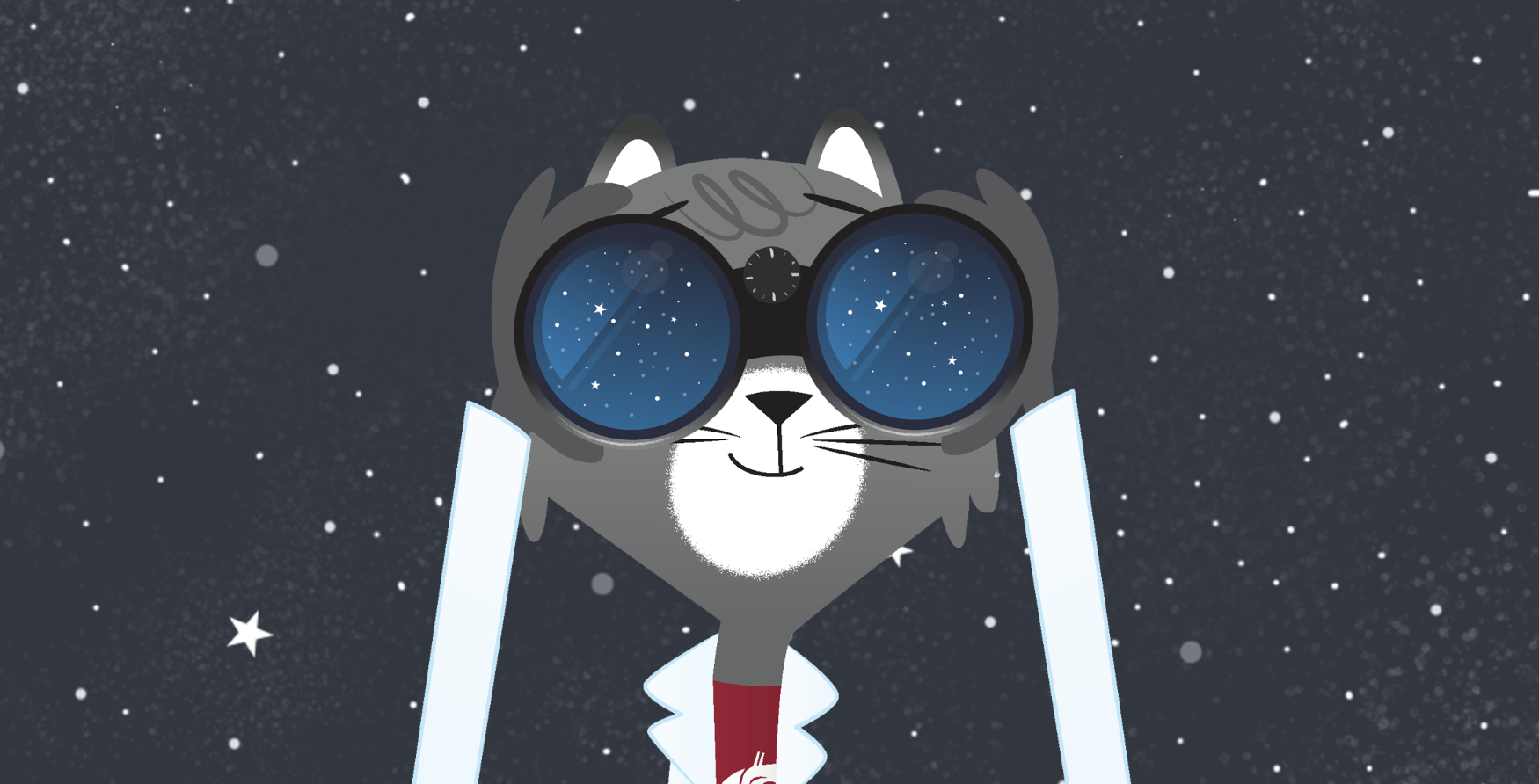Dr. Universe: Why do we have to blink? – Michael and Virgil, 3 and 5, in Sioux Falls, SD
Dear Michael and Virgil,
If you’ve ever had a staring contest with a friend, you may have felt your eyes start to get tired and dry. Eventually, you just had to blink.
Blinking helps our eyes stay healthy, and my friend Dr. Karen Janout, a clinical assistant professor at Washington State University, told me all about it.
She said that with each blink, your eyelids help spread tears over the surface of your eyes—and you actually do this a lot. Humans blink an average of 15 to 20 times a minute, which adds up to somewhere around 5.2 to 7.1 million blinks a year.
Of course, the exact number of blinks also depends on how many hours you sleep and your personal blinking style.
As you blink, you spread out tears made up of three layers: a mucus layer, a water layer and a layer made of fats, called lipids. These layers work together to help keep the eyeball moist and prevent the tears from evaporating.
If humans didn’t blink, the transparent part of the eye covering the iris and the pupil, which we call the cornea, would get dry and bumpy. Because the surface is bumpy, light would travel through it in an unusual way and things would get out of focus.
While too much exposure to air can cause some eye damage, eyes do need to use something important from the air to work: oxygen.
The oxygen that comes into your eyes is only used by the cornea, and those tears you spread around your eyes when you blink help absorb some oxygen from the air. In just the right amounts, oxygen helps your eyes do all the things they need to do to help you see and stay healthy.
You may have also observed blinking is something you don’t really have to think much about. You might blink quickly when a bright light shines in your eyes.
But blinking is also something you have some control over. For instance, you might blink quickly to help spread tears and get a bit of dust out of your eyes.
Of course, there is one time of day you don’t blink much at all. When you go to sleep, your eyelids close to keep your eyes moist as you rest.
Janout also told me while some animals blink a lot like humans do, other animals have different ways of protecting their eyes.
Some animals have membranes, which are like thin, transparent films that help shield their eyes. Some birds have both eyelids and a membrane. They don’t blink much but do close their eyes to sleep. Meanwhile, fish just have a membrane covering their eyes. But they don’t have eyelids, so they don’t blink.
Who knows, maybe one day, you’ll be an animal scientist, a doctor, a researcher or an ophthalmologist who helps us learn more about the amazing world of eyes and how they work.
Sincerely,
Dr. Universe
Know a kid with a science question?
Adults can help kids submit a question for a chance to be featured in a future video, podcast, or Q&A post.

